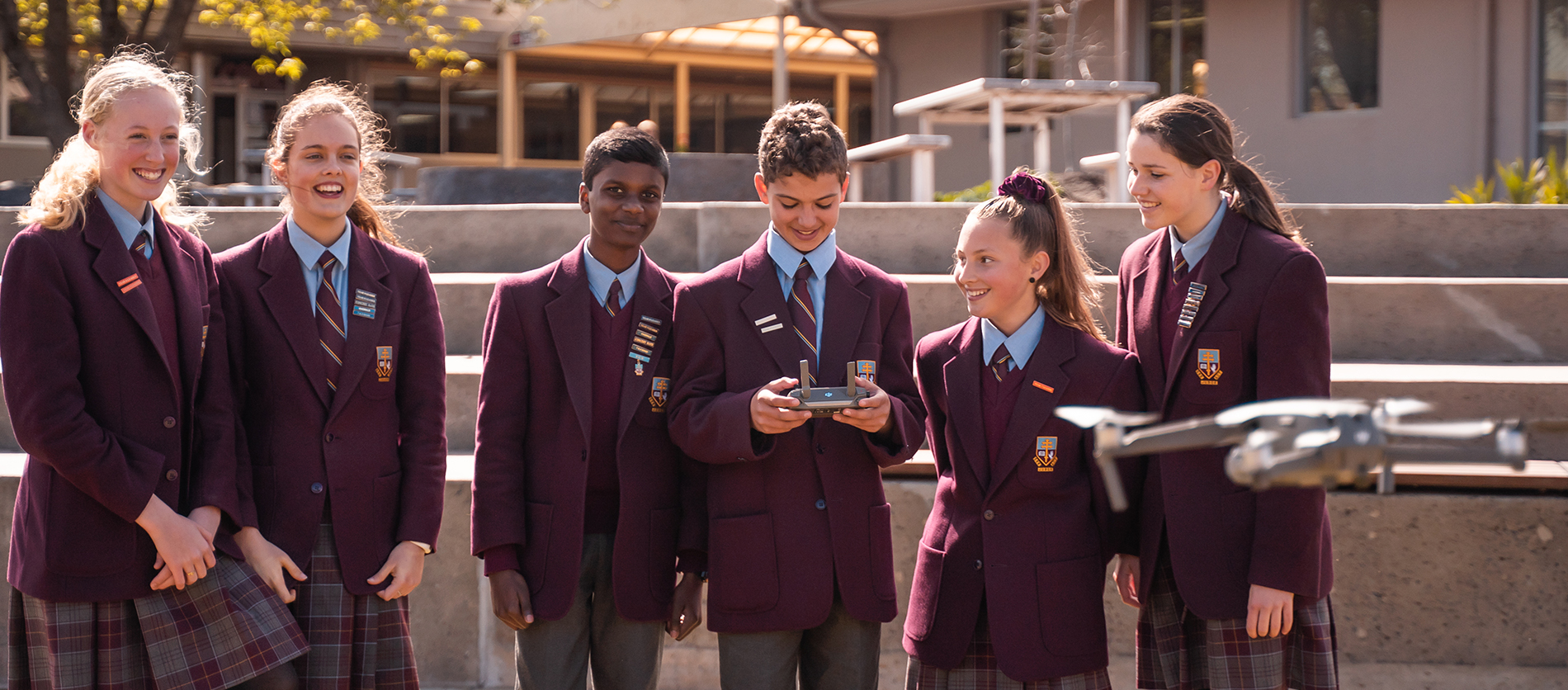
N/A
Through Physical Education, students explore the participation in and performance of human physical activities. It is an experiential subject in which students explore their physical capacities and investigate the factors that influence and improve participation and performance outcomes, which lead to greater movement confidence and competence. An integrated approach to learning in Physical Education promotes deep learning ‘in, through, and about’ physical activity.
Education ‘in’ physical activity involves students making meaning of personal movement experiences. Through these movement experiences, students engage in thoughtful participation where skills of internal reflection and articulation of learning progress are developed. These movement experiences involve students in the assessment process and this in turn enhances their metacognition. Education ‘through’ physical activity involves students using movement to strengthen their personal, intellectual, and social skill development. Such skill development allows students to engage more purposefully in physical activity. Students use physical activity contexts as the vehicle for developing the capabilities and skills necessary to reflect on and critique their learning in order to enhance participation and performance outcomes.
Education ‘about’ physical activity involves students developing an understanding of biophysical, psychological, and sociocultural domains through participation in physical activity. The biophysical domain includes learning and applying exercise physiology and biomechanical concepts. The psychological domain develops an understanding of skill acquisition and learning theory concepts. The socio-cultural domain develops knowledge and understanding of, and skills to take responsible action related to, barriers, enablers, equity, and inclusivity in physical activity. These domains are developed through the exploration of movement concepts and strategies within physical activity contexts.
Physical activities can include sports, theme-based games, laboratories (GPS, Heart Rate, Video Analysis), and fitness and recreational activities. Classes can undertake a single-focus approach (e.g. single sport) or can undertake multiple sports, games, and/or activities.
Stage 1 Physical Education has three focus areas:
Focus Area 1: In movement
Focus Area 2: Through movement
Focus Area 3: About movement
Students explore movement concepts and strategies through these physical activities to promote participation and performance outcomes. These movement concepts and strategies include:
At Stage 1, assessment is school-based. Teachers make decisions about the extent and quality of the evidence of student learning with reference to the performance standards. Students have the opportunity to demonstrate evidence of their learning in Stage 1 Physical Education through the following assessment types:
Assessment Type 1: Performance Improvement
Assessment Type 2: Physical Activity Investigation
Click a subject to view its pathway